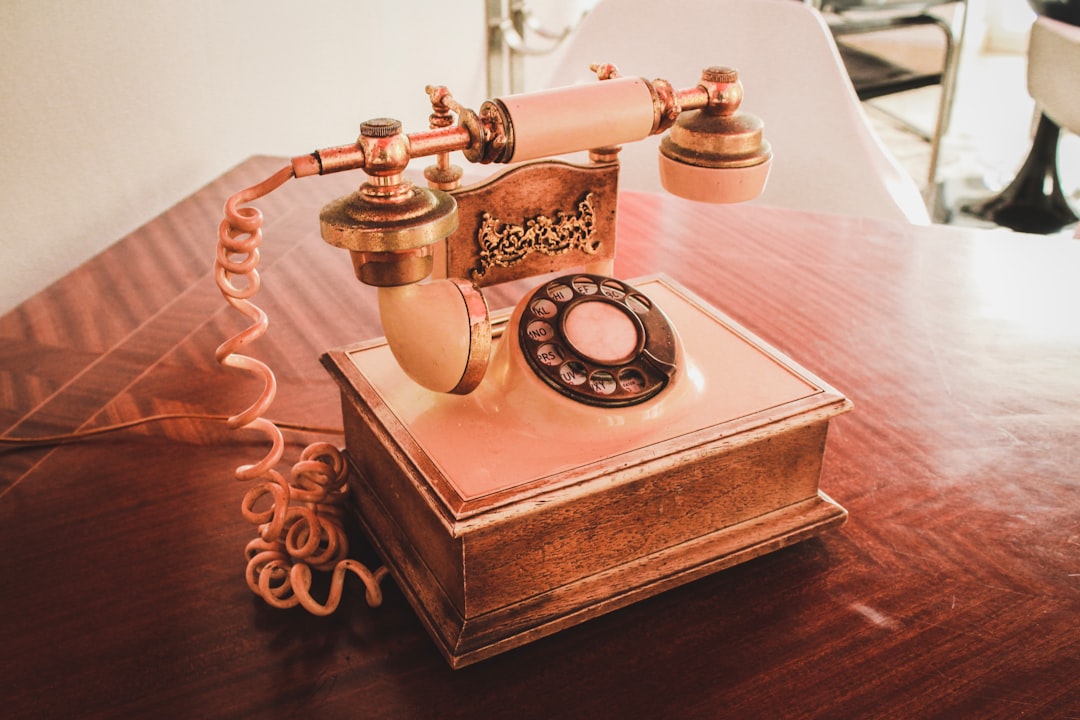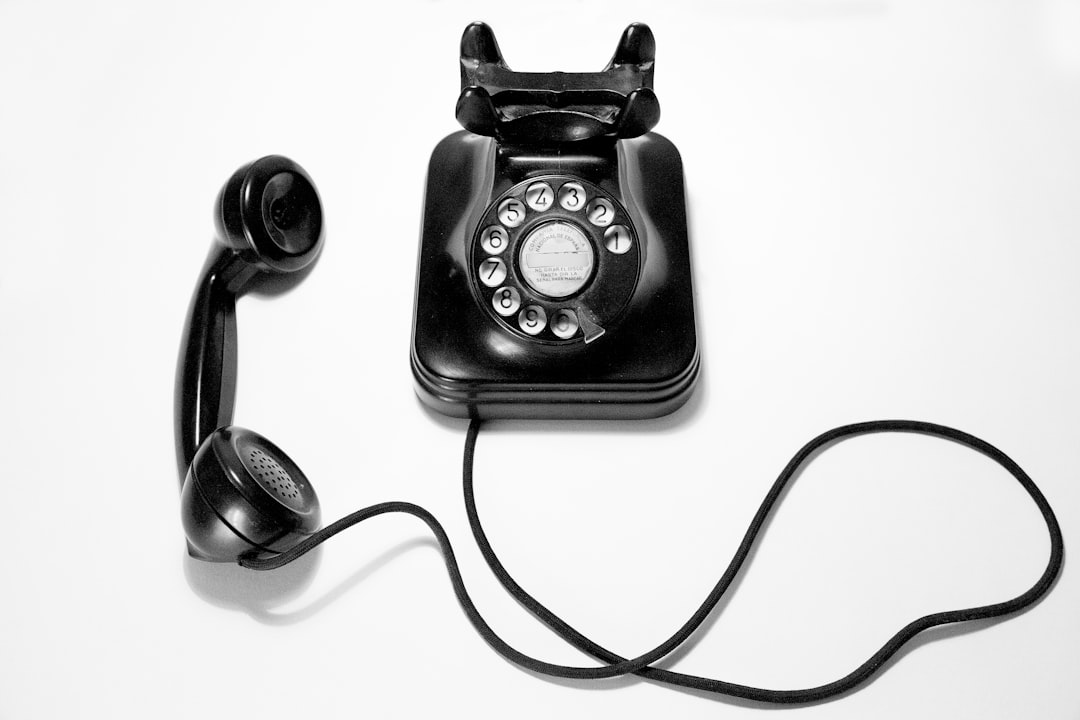Autodialer technology has transformed bail bond services in Massachusetts by enabling efficient communication with a large number of clients. This innovation offers numerous benefits, such as improved case management and enhanced client engagement, but it also raises legal concerns regarding consumer privacy and consent. Both state laws like the MTCPA and federal guidelines from the FCC regulate autodialer use to protect consumers from harassment. Bail bond agents must consult with experienced autodialer lawyers or attorneys in Massachusetts to ensure compliance, avoid substantial fines, and maintain client trust. By leveraging autodialers responsibly, these professionals can streamline their practices while respecting individual privacy rights.
“The integration of autodialer technology into bail bond services has sparked a discussion among legal professionals in Massachusetts. This article delves into the intricate world of autodialers, exploring their role in simplifying processes while navigating complex legal considerations. From understanding the technology to deciphering consumer privacy rights and ethical responsibilities, we guide readers through the key aspects that shape the use of autodialers for bail agents. For those seeking guidance on this topic, our expert analysis offers valuable insights, connecting you with top-tier autodialer attorneys and law firms in Massachusetts.”
Understanding Autodialer Technology and Its Role in Bail Bond Services

The autodialer technology has transformed various industries, and bail bond services are no exception. This innovative system automates the process of making mass phone calls, allowing agents to efficiently reach a large number of clients in need of bail assistance. By leveraging autodialers, sandwich agents in Massachusetts can significantly enhance their outreach capabilities. These devices enable the rapid dissemination of vital information about bail bonds, court dates, and legal services to defendants or their families, ensuring they stay informed and connected during critical moments.
For autodialer lawyers, attorneys, and law firms in Massachusetts, understanding this technology is crucial for effective case management. The ability to target specific demographics, personalize messages, and track call outcomes can be a game-changer when marketing legal services. With the right autodialer system, these professionals can streamline their practices, improve client engagement, and ultimately provide better service to those relying on bail bond support.
Legal Framework Regulating Autodialer Use in Massachusetts

In Massachusetts, the legal framework regulating the use of autodialers in bail bond services is governed by state laws and regulations designed to protect consumers from deceptive or harassing practices. The Massachusetts Telephone Consumer Protection Act (MTCPA) restricts the use of automated dialing systems for certain purposes, including marketing and debt collection calls. While this law does not specifically target bail bond agents, its provisions apply broadly to any business using autodialers. Non-compliance can result in substantial fines and legal liability for autodialer lawyer Massachusetts clients.
Additionally, the Federal Communications Commission (FCC) enforces federal guidelines that complement state laws, such as requiring prior consent for automated calls. Bail bond services utilizing autodialers must ensure they have the necessary permissions from individuals they contact, as outlined in the autodialer attorneys Massachusetts guidelines. Failure to do so could expose agents and their autodialer law firms Massachusetts to legal repercussions. Therefore, it is crucial for sandwich agents to consult with experienced autodialer lawyers Massachusetts to understand and adhere to these regulations.
The Impact of Autodialers on Consumer Privacy Rights

The widespread adoption of autodialers in various industries has brought both benefits and concerns to the forefront, especially regarding consumer privacy rights. When used in bail bond services, these automated dialing systems can efficiently connect agents with potential clients, enhancing accessibility. However, this technology also raises significant legal questions, particularly in Massachusetts, where strict privacy laws are in place.
Autodialer lawyers in Massachusetts argue that while autodialers streamline operations, they must be employed responsibly to respect individual privacy. Unwanted or unsolicited calls, especially those using automated messages, can invade personal space and trigger legal repercussions under the state’s telephone consumer protection laws. Thus, bail bond services utilizing autodialers need to ensure explicit consent, provide opt-out mechanisms, and adhere to regulatory guidelines to protect consumer rights and avoid potential lawsuits from autodialer attorneys in Massachusetts.
Ethical Considerations for Sandwich Agents Using Autodialers

The use of autodialers in bail bond services presents unique ethical challenges for sandwich agents navigating the fine line between effective marketing and consumer protection. While autodialers can enhance client reach, they also raise concerns about consent, privacy, and unwanted contact. Sandwich agents must ensure that their use aligns with Massachusetts laws governing telemarketing practices, including obtaining proper authorization before dialing and providing an opt-out option for recipients.
Ethical considerations extend to transparency in communication, ensuring clients understand the nature of the call from an autodialer representing a bail bond service. Lawyers or attorneys specializing in this area, such as those at top autodialer law firms in Massachusetts, can guide agents on crafting messages that are not misleading and comply with legal standards. Maintaining integrity in marketing strategies is crucial to safeguarding client relationships and upholding the reputation of the bail bond industry in Massachusetts.
Navigating Liability Issues: When Does an Autodialer Violate the Law?

Navigating Liability Issues: When Does an Autodialer Violate the Law?
The use of autodialers in bail bond services, while offering efficiency and cost savings, raises significant legal questions regarding consumer protection and privacy rights. An autodialer Lawyer Massachusetts can help sandwich agents understand when such technology crosses the line from beneficial to illegal. Automating calls without prior consent or using pre-recorded messages for marketing purposes can violate the Telephone Consumer Protection Act (TCPA) and result in substantial fines.
Additionally, an autodialer attorney Massachusetts should be consulted to ensure compliance with Massachusetts-specific regulations on automated calls, which are stringent. Violations may include improperly obtained contact information, lack of opt-out mechanisms, or non-compliance with do-not-call lists. Recognizing these legal pitfalls and partnering with a reputable autodialer law firm Massachusetts can protect sandwich agents from costly lawsuits and maintain their integrity in the industry.





